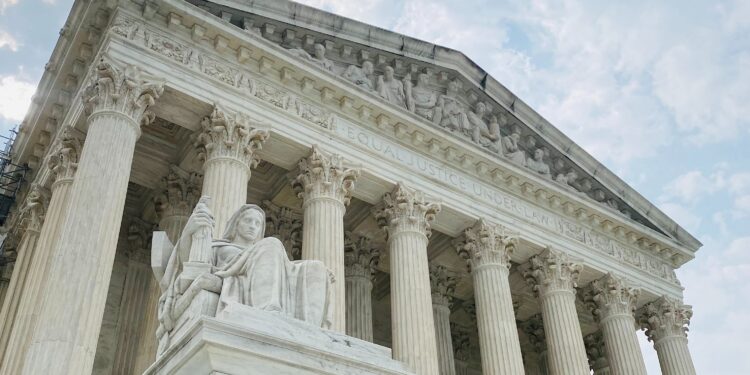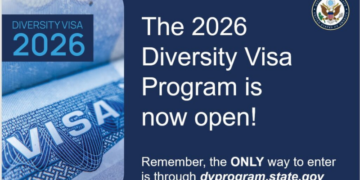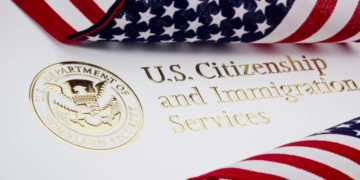The United States Supreme Court on Friday issued an emergency order halting the Trump administration’s attempt to resume deporting Venezuelan immigrants under the Alien Enemies Act. Blocking the policy on May 16th, the court sided with plaintiffs who argued the executive action failed to meet constitutional due process requirements for removal.
The 6–3 unsigned majority ruling returned the case to the 5th U.S. Circuit Court of Appeals for further review. Two justices, Samuel Alito and Clarence Thomas, dissented, arguing the court had intervened prematurely. The justices emphasized detainees’ rights, stating the government’s 24-hour deportation notice did not allow time to file habeas petitions. Legal experts have argued that such cases require extended timelines and clearer procedural guidance under existing constitutional norms outlined by Cornell Law.
Trump invoked the 1798 Alien Enemies Act in March to justify fast-track deportations of alleged members of Venezuela’s Tren de Aragua gang. The administration designated the group a foreign terrorist organization, but lower courts across multiple jurisdictions—including Texas, New York, and Colorado—blocked the order, citing the need for individualized legal review. The Supreme Court’s decision extends a prior temporary freeze issued in April.
Critics of the administration’s approach, including the American Civil Liberties Union, said the notices issued to Venezuelan detainees at Bluebonnet Detention Center in Texas were insufficient and deprived them of access to the courts. In their view, the policy amounted to unlawful detention and removal without legal recourse. The broader legal battle raises questions about executive authority in immigration under wartime laws, as discussed in academic commentary from the Brookings Institution.
Justice Brett Kavanaugh supported the majority but wrote separately to recommend that the court take the case up fully and decide it on the merits. The ruling does not preclude the government from deporting individuals through other legal avenues, and it leaves open further proceedings in lower courts that may refine the boundaries of permissible enforcement under the Alien Enemies Act.
With Trump vowing to continue the removals, the issue remains active across several jurisdictions. Experts say the court’s decision signals an important limit on executive powers invoked under centuries-old statutes. Data from the Migration Policy Institute indicates that over 100,000 Venezuelans currently reside in the U.S. under various legal statuses, many of whom could be affected by future legal interpretations of this ruling.






